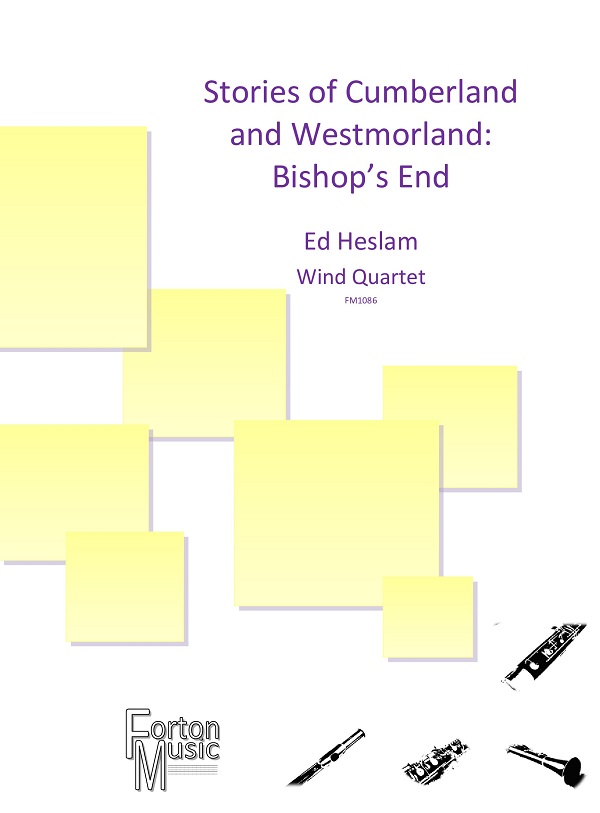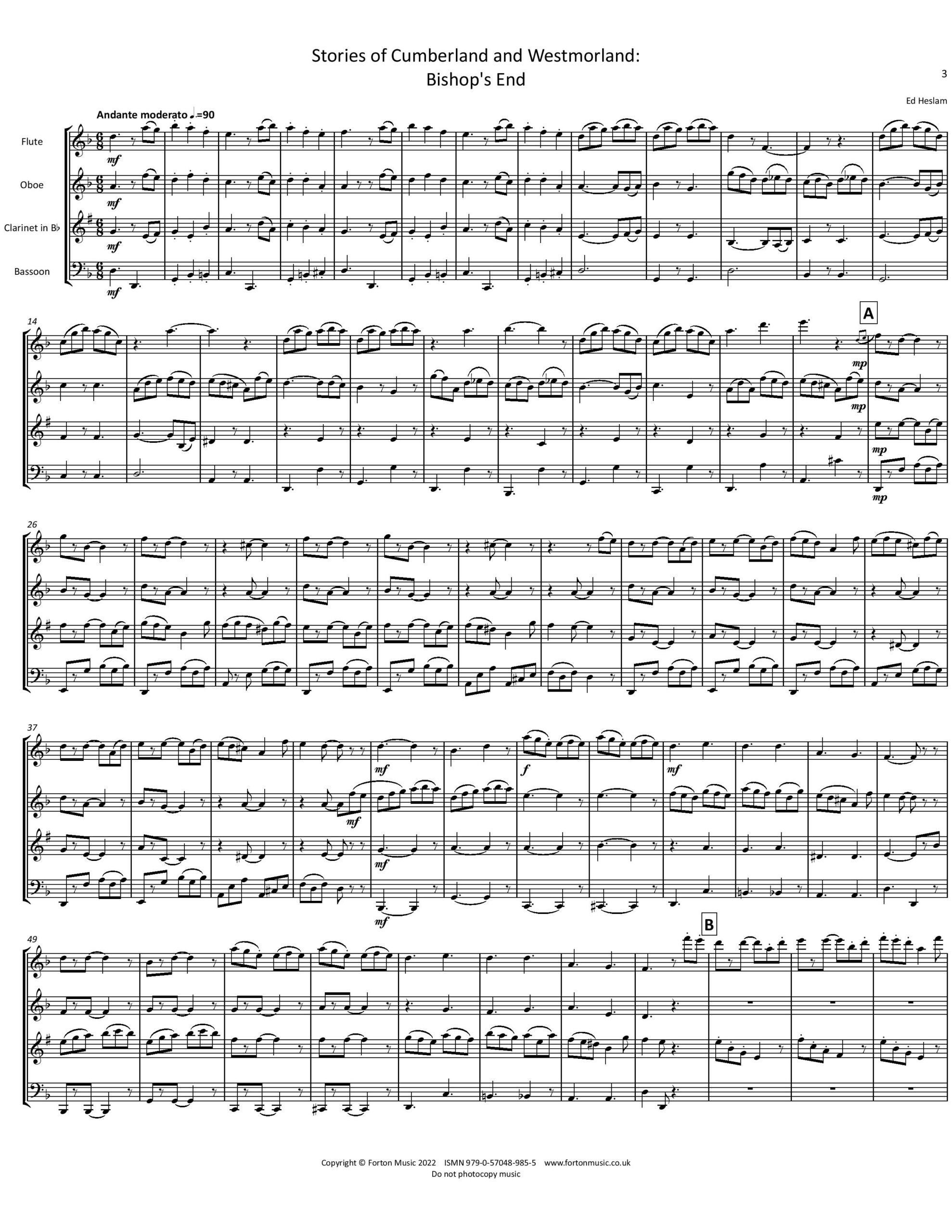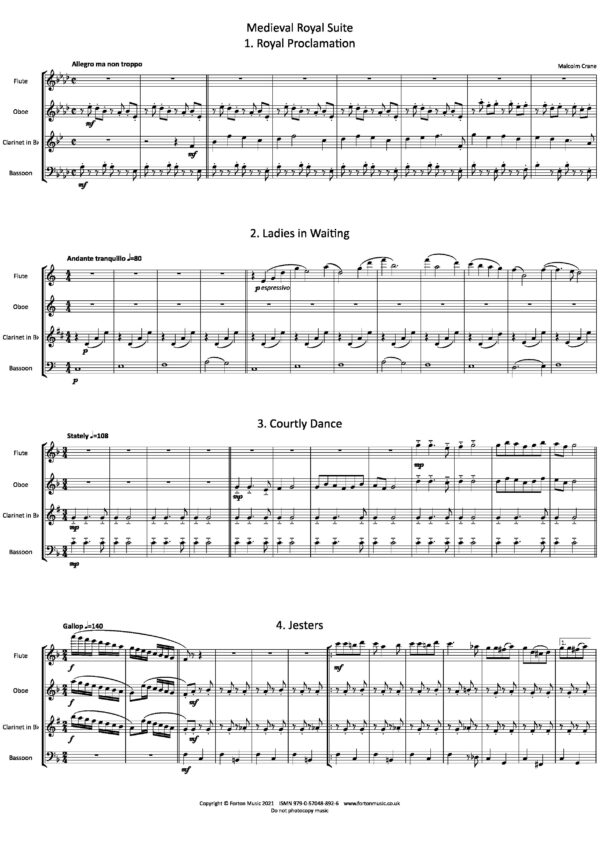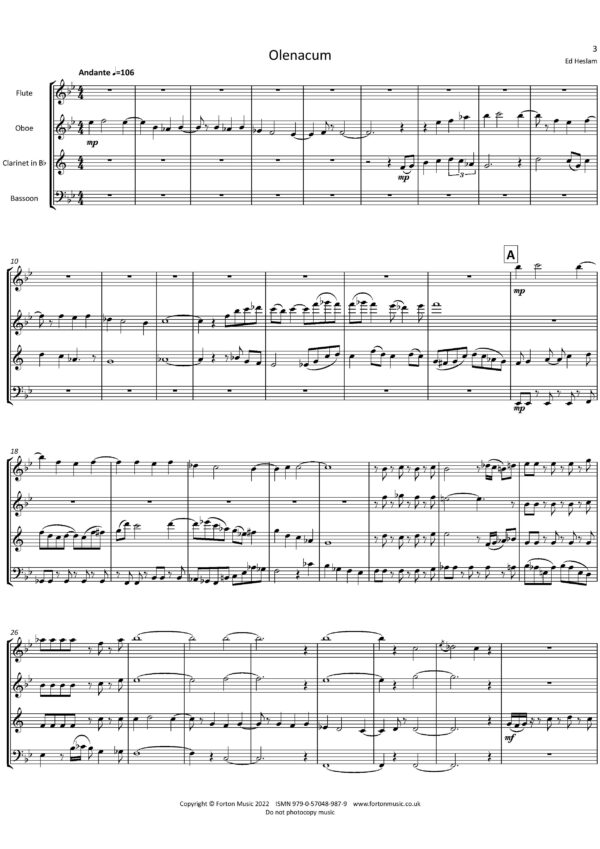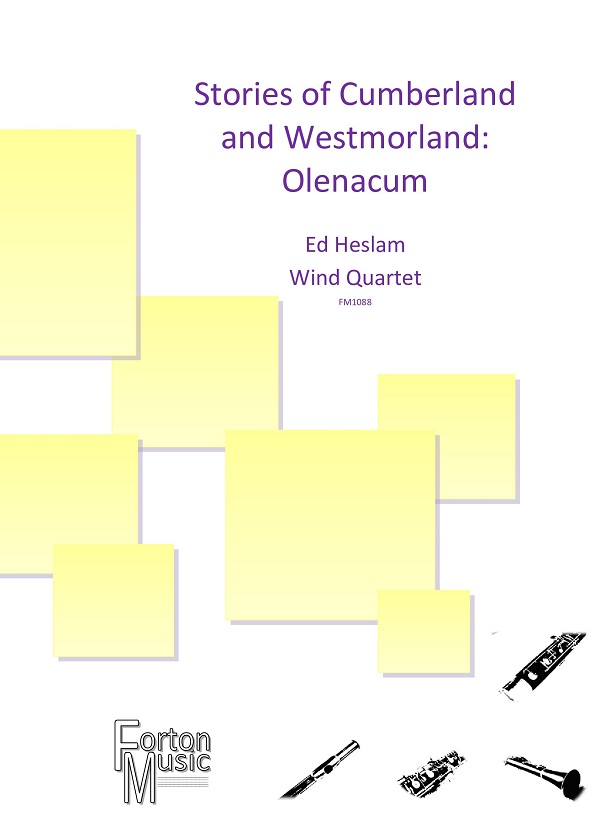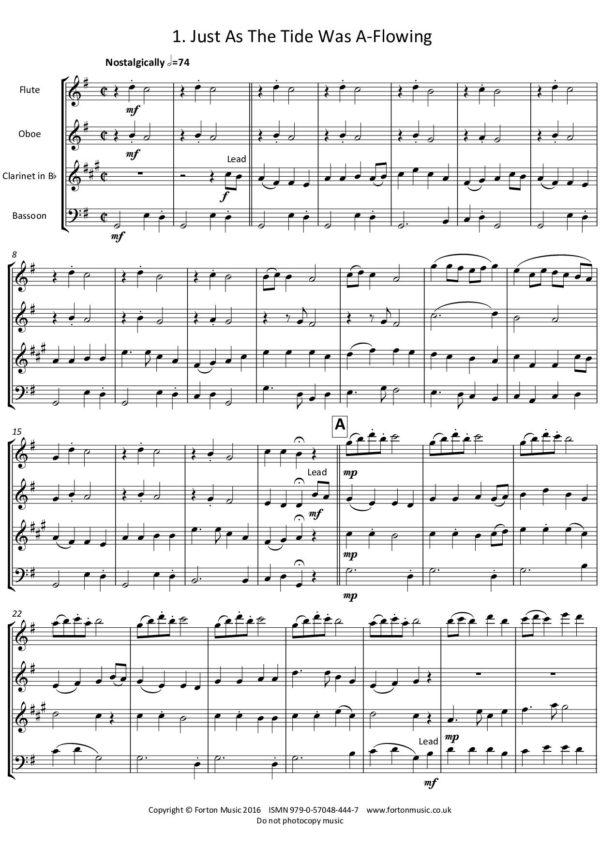Click the link below to see and hear the piece.
Stories of Cumberland and Westmorland: Bishop’s End
£10.50 – £14.00
Description
According to old Cumbrian legend, the Bishop of Derry came to an untimely end while travelling through the Lake District. He appears to have stopped off for a drink in the pub on the south west side of Bassenthwaite Lake and, after a little too much refreshment, made a drunken bet with the locals. He claimed that his horse was capable of carrying him up the nearby fell of Barf and he tried to prove the point by attacking the mountain by the steep south east face. A short distance up the scree slope the unfortunate animal lost its footing and both horse and rider fell to their deaths. It is not known if the bets were settled accordingly. The event has been commemorated by the whitewashing of a large rock on the side of Barf. This is said be the point from which the poor horse fell. The rock stands over 2 metres high and can be seen from many miles around. For many years it became the duty of the local publican, at the Swan Hotel, to carry out the whitewashing. These days it is done by members of the local mountain rescue team.
‘Stories of Cumberland & Westmorland’ is a series of pieces influenced by the landscape and heritage of the area where I was born. The county of Cumbria is a place of spectacular mountains and lakes, much loved by visitors to the National Park, but it is also a region with an extensive and beautiful coastline of sand and shingle beaches and tall sandstone cliffs. In between the mountains and the coast is the Solway Plain, a fertile area of land where I grew up on a farm. The uninterrupted view from my childhood bedroom looked out over miles of fields and copses towards Criffel, the mountain whose dark outline dominated the Southern Scottish coastline across the Solway Firth. Looking out from our home in the other direction I could see Skiddaw, one of the four highest fells of the Lake District. Skiddaw is a mountain that draws the attention from almost all directions (apart from the East). It looks down upon a rich past of human history from the Roman occupation to the mineral miners of Tudor times and beyond; from the Viking settlements of the tenth century to the nineteenth century environmental agitators who fought hard to conserve the wild mountain landscape. The surviving manuscript record of music compiled by Cumbrian musicians of the past, kept in archives in a few notebooks and scraps of paper, has been my starting point in getting to grips with this human history and creating music of my own.
Additional information
| composer | |
|---|---|
| instrumentation | |
| Select an Option | |
| skill-level |

